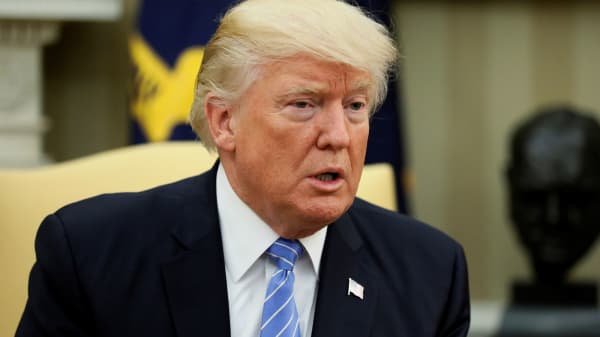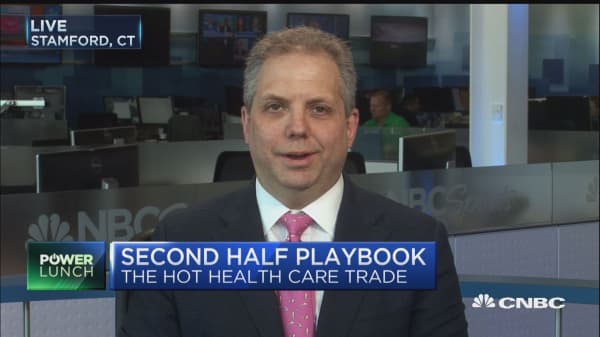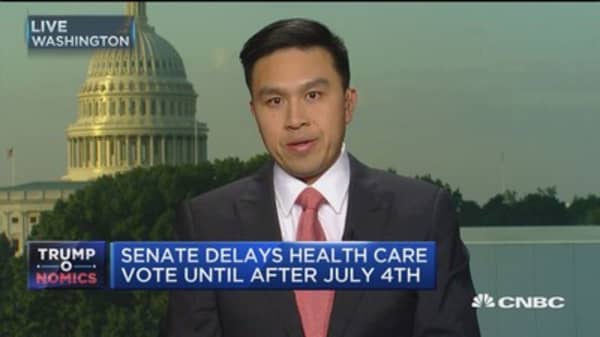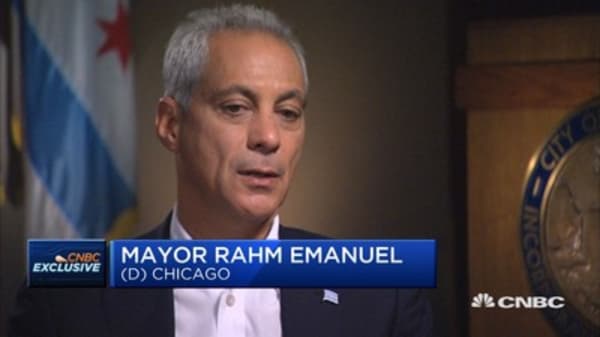Attention Mitch McConnell and the rest of the Republicans who dread having to modify their Obamacare replacement bill during this July 4th break: President Donald Trump just gave you a way out.
Well, technically it's the same way out that conservatives have been calling for over the last seven years or so. But in a tweet Friday morning, President Trump strongly suggested the Republicans just repeal Obamacare and worry about the replacement later.
tweet
Thank you for finally coming to your senses, Mr. President! Because it's the president who is largely responsible for the mess the GOP is in right now.
His pressure to get a replacement bill done simultaneously with a repeal encouraged politicians like Senate Majority Leader McConnell to obfuscate the process and load up a replacement bill with measures that do little but prop up longtime crony capitalist interests like the health insurers and Big Pharma.
Before President Trump's pressure to craft and pass a replacement bill came up, the Republicans had been laser-focused on repealing Obamacare and phasing it out over a couple of years as they came up with their own sweeping health coverage bill to replace it.
Now President Trump is very publicly reversing himself on that tactic and it's not a moment too soon. America would be better off in every way compared to where it was in 2009 when it comes to health coverage, even if Obamacare rules and laws simply went away.
By insisting that everyone had some kind of insurance plan, the Affordable Care Act gave private insurers enormous leverage as the administration and Congressional Democrats sought a way to not only get them to offer insurance to more people, but also to fill each insurance plan with a series of "essential benefits."








